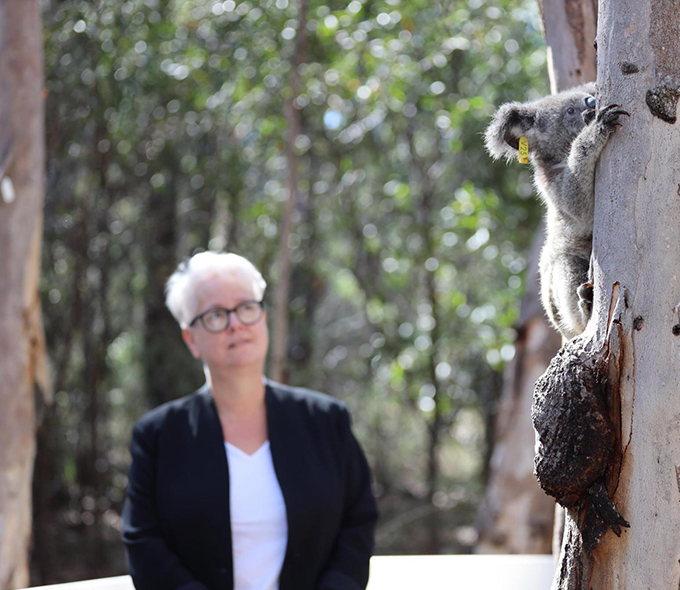
Professor Peter Meikle has secured almost $3 million in funding to develop a powerful data platform that has the potential to accelerate the identification of risk markers and treatments for coronary artery disease.
The platform is being developed in collaboration with Australian BioCommons, BioPlatforms Australia, the University of Melbourne, the University of Sydney, 23 Strands, CSL Limited and our 18 cohort custodians.
Coronary artery disease (CAD) is Australia’s number one cause of premature cardiovascular death and a major driver of disability in those who survive. The development of the Australian Cardiovascular disease Data Commons (ACDC) will help researchers to decipher the mechanisms that drive CAD, find new ways to identify those at risk and develop better treatments for CAD more rapidly than before.
The $2,929,499 National Critical Research Infrastructure Initiative funding through the Medical Research Futures Fund (MRFF) will support the development of this database that will initially bring together the stored data from 18 established, large and well-phenotyped cohorts onto one powerful platform. Having the molecular profiling data and stored blood for almost 400,000 individuals on this sophisticated data-sharing platform will improve the capacity for Australian medical researchers to undertake discovery and translational research.
“These rich data resources have the potential to accelerate the development of the next generation of risk markers and treatments and their translation into improved patient outcomes,” Prof Meikle said.
“The ACDC will enable global scientific cooperation, maximise the value and utility of Australian cohort data and, through its integration with larger internationally relevant datasets, significantly improve Australian cardiovascular disease research, health policy and, consequently, health outcomes.
“We’re very grateful to the MRFF for supporting us in the development of this powerful tool.”
Work began on the ACDC in January this year, and the first three large datasets will soon be entered into the platform.
“Within the first two years of this project, we’ll see an improved capacity for Australian medical researchers to undertake discovery and translational research, specifically cardiovascular risk assessment and treatment, thus addressing this growing unmet need in Australia,” Prof Meikle said.
“By the end of the project, in four years’ time, we’ll have a fully established Australian Cardiovascular disease Data Commons with linkage to international cohorts and analytical platforms.
“We believe this will lead to a more rapid introduction and uptake of new health technologies and interventions within the Australian health system. And many of these technologies will be commercialised during the translational process, generating a new precision medicine ecosystem within Australia.”








